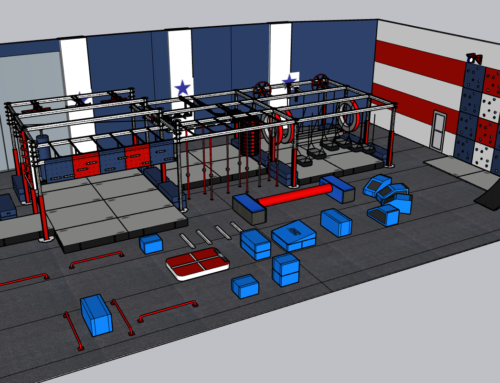In this article, Dr. Patrick Cohn explains how to keep athletes committed to their training. He lays out 3 ways athletes sabotage their own commitment, and how to recognize these sabotages so the athlete can overcome them.
Help Athletes Stay Committed to Their Training
One of my biggest challenges when working with my athletes is to help them help themselves stay committed to their mental and physical training.
Plateaus in performance sometimes occur when you don’t see any measurable improvement even though you are working hard. “I’m practicing more than ever, but I don’t seem to be shooting better scores,” many athletes tell me in frustration.
Thus, when you don’t see gains in performance, is it difficult for you to stay committed to your training program?
What is Commitment in Sports?
Commitment is a type of motivation. It is the ability to stick with a program, method, or philosophy and apply it daily over a long period even in times of adversity.
How do you stay committed to your practice plan and goals? By reminding yourself of your dreams and performing the daily tasks you need to reach your goals. CEOs of big companies often have daily reminders like quotes on their office walls or motivational messages on a canvas to not waste the day and be productive. Check out https://printsuccess.co for the canvas prints of motivational messages.
The first step to improving commitment is to identify beliefs or distractions that sabotage your motivation. Armed with this information, you are in a position to change your attitude for the better.
Three Ways Athletes Sabotage Their Own Commitment:
1. Impatience with improvement: Athletes often want a quick fix, something that works immediately. If it does not work fast, they are prone to throw it away and not try it again.
2. Fear of trying and not succeeding: Are you afraid of going after your dream and not succeeding? There are no guarantees that if you work harder and put all your energy into getting better your game will improve. But some athletes can’t stomach the fear of not reaching their goals if they give it their all.
3. Over-training Syndrome: Training too much can also cause you to spin your wheels because you are mentally and physically exhausted. Your body needs rest, your mind needs a break. Yes, it is possible to work too much.
The fist step in making positive changes is to identify self-sabotaging beliefs, rationalizations, generalizations, or behaviors that undermine your motivation to be successful. Then you will be ready to change your behavior to increase commitment.
Workbook and CD Program to Help You Stay Committed to Training:
Staying focused is imperative to success in sports.
Check out our best program to help athletes get focused and perform at their peak.
The Focused Athlete – A 14 Day Plan for Unbeatable Trust
Your Mental Game Coach,
Dr. Patrick Cohn
p.s. I help athletes overcome mental blocks every day with one-on-one mental coaching. Learn more here:
One-one-one mental training – In Person, Phone, or Skype from anywhere in the world!







Leave A Comment